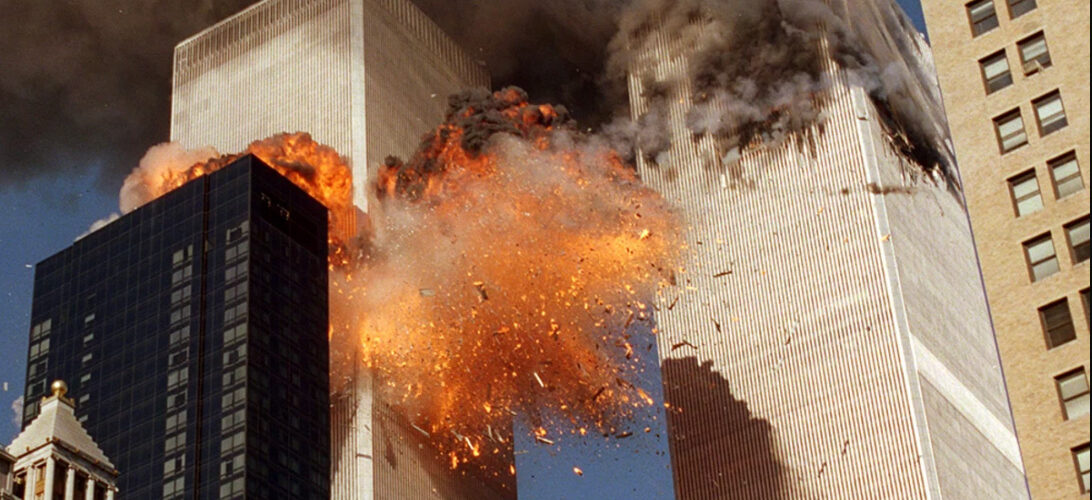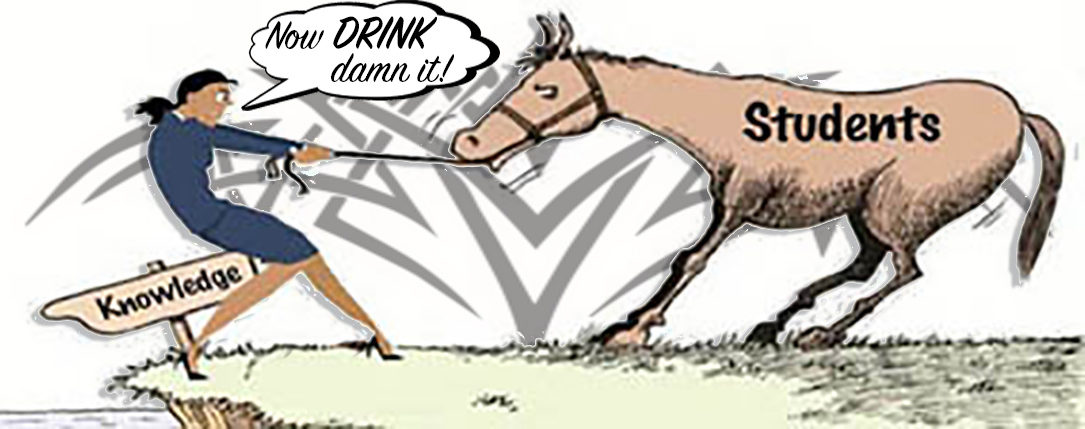Where were you when the world stopped turning?
September 11, 2022

September 11, 2001, began as, pretty much, a typical day.
I had caught an early morning flight to the “Research Triangle” in North Carolina to attend a software training session. As Comcast Business Communications’ newest fiber optics network sales trainer, I was on a 2-day trip with my boss to learn some kind of fancy new online training software. Upon arriving at Raleigh–Durham International Airport we rented a car and drove to the software company’s 9am training session.
I was used to pre-dawn air travel. Prior to Comcast I had a job that required I board a 6am flight on Mondays from Philly International and returned around 11pm the following Friday, and during this time I never went to bed in the same state I woke up in. I would fly once or twice every day, running through relaxed airport security like OJ, lived in Courtyards, and never fully unpacked my suitcase. There were many times when I would awake and not know where I was (the rooms all looked the same), and would have to look at the stationary note pad on the desk for an address. My wife never knew where I was going, and used to joke she didn’t need to know as long as I had a cell phone, direct deposit and life insurance.
We arrived around 8am at the training center and were greeted with the obligatory office coffee and doughnuts before jumping right in. My boss and I were the only two students so the setting was very informal, with us huddled around a PC monitor while our trainer (one of the company owners) explained all the bells and whistles of the greatest software since sliced bread.
It wasn’t long into the session before a secretary popped her head in and said a plane had hit the World Trade Center in New York, and asked if any of us needed more coffee. I said “yes” (I was addicted even then) and proffered the crash as likely a sightseeing plane pilot suffering a heartache and veering off course. I had heard such reports before; one even involved a professional baseball player.
It wasn’t long after the secretary walked in again to say another plane had hit the towers. In the immediate silence we all knew this wasn’t a small plane story.
“That’s not an accident,” I said instinctively. “I need a TV.” I was directed to a cable-connected portable TV/VHS combo unit on the secretary’s desk. The picture was too small to see much detail, but the smoke rising from the structures and the preliminary news and witness reports were enough to confirm this wasn’t an accident.
I needed to know more. As a news junky I needed bigger, and more, TVs. I need to be able to see and hear different sources. I knew where we had to go.
“Are there any sports bars close by?” I asked the software guy. I wasn’t interested in drinking (although that would occupy a large part of the day), but I knew sports bars have multiple TVs so they can show as many games simultaneously as possible. Our host said there was one a few blocks away, so my boss and I skipped out on training and headed to the bar.
When we got there, we found the doors locked (it was still morning, after all). I could see someone inside, so I banged on the door to get his attention and he walked over. “We’re not open yet,” he said through the partially open door. “That’s OK,” I said. “We just need to see your TVs. Two planes have crashed into the World Trade Center in New York.”
In hindsight, this is the last time I remember someone not knowing about the plane crashes at the World Trade Center. It was the exact moment in time when the story was happening but had not yet exploded into our conscious. They say the assassination of Lee Harvey Oswald on live television is what made that medium replace newspapers as the premier source of news. It was the immediacy, the intimacy, that allowed the viewer to experience the news, not just read about it. I believe 9/11 did the same for 24-hour cable news.
We sat in that bar all day, and all night. We were joined by others – people on their lunch break, businessmen taking meetings, retirees seated on “their” stool – and we all watched the TVs. No one asked to change the channels and put on sports; we sat there in disbelief as the images became more graphic, we learned about the Pentagon and a plane in Pennsylvania, and the anchors droned on and on.
We tried to call our families, but cell phone service was non-existent. Was it part of the attack? Day-long day drinking can lead rational people to believe such conspiracies. All air traffic had been grounded for fear that there were more hijackers still out there. So much for flying home. Thankfully, we still had our rental car.
Despite the threat of exorbitant fees, we refused to return our rental car and began driving home the next day. Software training was an afterthought (and we never did reschedule). The ride, thankfully, was uneventful. We listened to non-stop news and my new boss and I took turns offering ideas and assumptions as to the who and why of it all. We drove passed the Pentagon, which less than 24 hours before had been part of the news story, but we weren’t really close enough to see anything.
I don’t remember what it was like once I got back home, but I will forever consider myself among the fortunate to have been spared that day. Over time, the memory of 9/11 has dulled and is brought to mind briefly in annual tributes. Songwriters have tried to capture the feelings of the day, and country music fans have found Alan Jackson’s ballad (from which the headline above is taken) introspective, and Toby Keith’s fight song stirring and vengeful. Personally, I believe everyone back then felt something. It showed that as a country we could come together in a way unlike any time since WWII. Such a feeling seems impossible in today’s polarized environment. But I have friends who were more directly affected by 9/11 and it’s for them, their families and everyone else whose lives changed forever that day the world stopped turning that we, as a people, should never forget.



